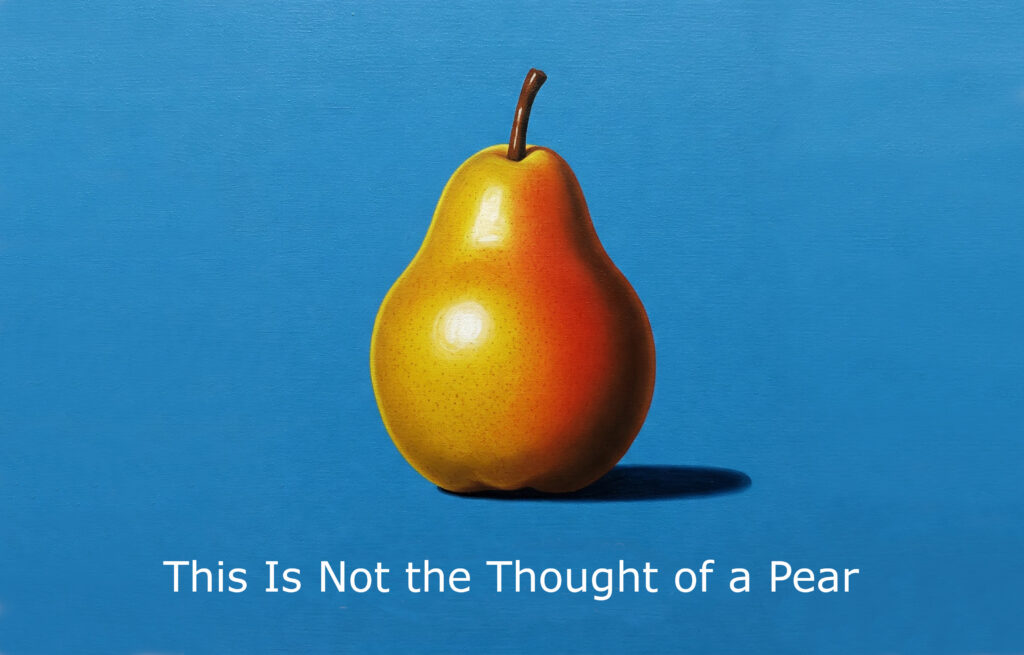W. H. Auden? Karl Kraus? Anonymous?

Question for Quote Investigator: Philosophers and scientists are still trying to elucidate the interconnectedness of thought and language. The advent of large language models in artificial intelligence has highlighted this conundrum. One literary figure emphasized the primacy of language with the following adage:
Language is the mother, not the handmaiden of thought.
This statement has been attributed to British-American poet W. H. Auden and Austrian writer Karl Kraus. Yet, I have not seen any solid citations. Would you please explore this topic?
Reply from Quote Investigator: The earliest match known to QI appeared in 1909 within the Vienna periodical “Die Fackel” (“The Torch”) which published a set of aphorisms crafted by Karl Kraus. The following item was included. Boldface added to excerpts by QI:1
Die Sprache ist die Mutter, nicht die Magd des Gedankens.
Hear is one possible translation into English:
Language Is the Mother, Not the Handmaiden of Thought.
QI believes this saying should be credited to Karl Kraus. Decades later W. H. Auden also used the expression, but Auden credited Kraus.
Below is an overview tracing the evolution of the saying with variants, attributions, and dates:
1870: Language is the handmaiden of thought
Article in Harper’s New Monthly Magazine; author not specified
1907: For speech is the handmaiden of thought, And thought makes the universe to tremble
Written by Francis du Bosque
1909: Die Sprache ist die Mutter, nicht die Magd des Gedankens
(Language is the mother, not the handmaiden of thought)
Aphorism authored by Karl Kraus
1912: Language is … the mother of thought, not its handmaiden
Credited to Karl Kraus in “The Times Literary Supplement”
1965: Die Sprache ist die Mutter, nicht die Magd, des Gedankens
Epigraph of a poem by W. H. Auden who credited Karl Kraus
1966: Speech is the mistress, not the handmaiden, of thought
Spoken by W. H. Auden during an interview
1970 Jan: Language is the mother, not the handmaiden, of thought; words will tell you things you never thought or felt before
Spoken by W. H. Auden during an interview
1970 Sep: Speech is the mother of thought, not the hand-maiden
Spoken by W. H. Auden during an interview
1988: Language is not the handmaiden but the mother of ideas
Attributed to Karl Kraus
Below are details for selected citations in chronological order.
Continue reading “Quote Origin: Language Is the Mother, Not the Handmaiden of Thought”







